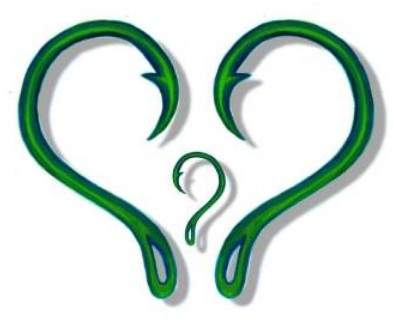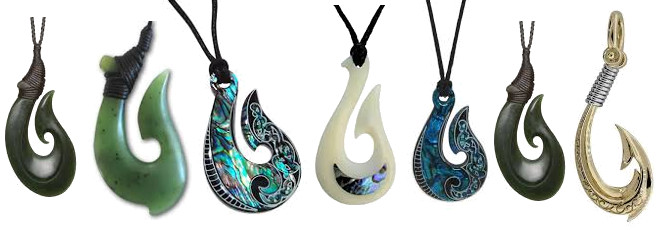What is it with America’s current obsession with restricting voter eligibility as well as making the actual act of voting more difficult? To me and most Kiwi’s that is the antithesis of what democracy is all about. And might I add that their obsession with non-citizens voting seems to be little short of xenophobia. For a nation built by immigrants this seems highly hypocritical. Admittedly most nations restrict voting rights to citizens, but the US seems to have taken it more to heart than almost anywhere else.
New Zealand is one of a few nations in the world that grants voting rights to non-citizens in national elections and referendums. I can find only four countries (New Zealand, Malawi, Uruguay, and Chile) that allow permanent residents to vote in national elections without any restrictions. New Zealand is the most inclusive of these four, as it requires only one year of residence for permanent residents to be eligible to vote. In contrast, Malawi requires seven years, Uruguay requires five years, and Chile requires five years and a special oath.
New Zealand’s liberal approach to voting rights for non-citizens reflects its history of immigration and its commitment to democratic values. New Zealand has been granting voting rights to non-citizens since 1853, when it allowed British subjects to vote without any residence requirement. Over time, the eligibility criteria have changed to include non-British subjects and to introduce a minimum residence requirement, but the principle of extending voting rights to non-citizens has remained. New Zealand’s electoral laws also recognised the impact of the pandemic on international travel, and temporarily extended the overseas voting eligibility for New Zealand citizens and permanent residents for the 2023 General Election.
Consider this: 14% of American residents were born overseas, and a little over 6% of American residents are non-citizens. The same figures for New Zealand are 28% and 11% respectively. If extending voting rights to non-citizens had a negative impact on the well being of a nation, doesn’t it seem probable that any harm it might cause would have become apparent in this country before now?
New Zealand’s experience with non-citizen voting has been largely positive, as it has contributed to the integration and participation of immigrants in the political community. Non-citizen voters tend to have similar preferences and behaviours as citizen voters, and do not pose a threat to the national identity or interests of New Zealand. Non-citizen voting also enhances the representation and diversity of the electorate, and encourages the responsiveness and accountability of the government to the needs and concerns of all residents. Shouldn’t that be at the heart of good government everywhere?





You must be logged in to post a comment.